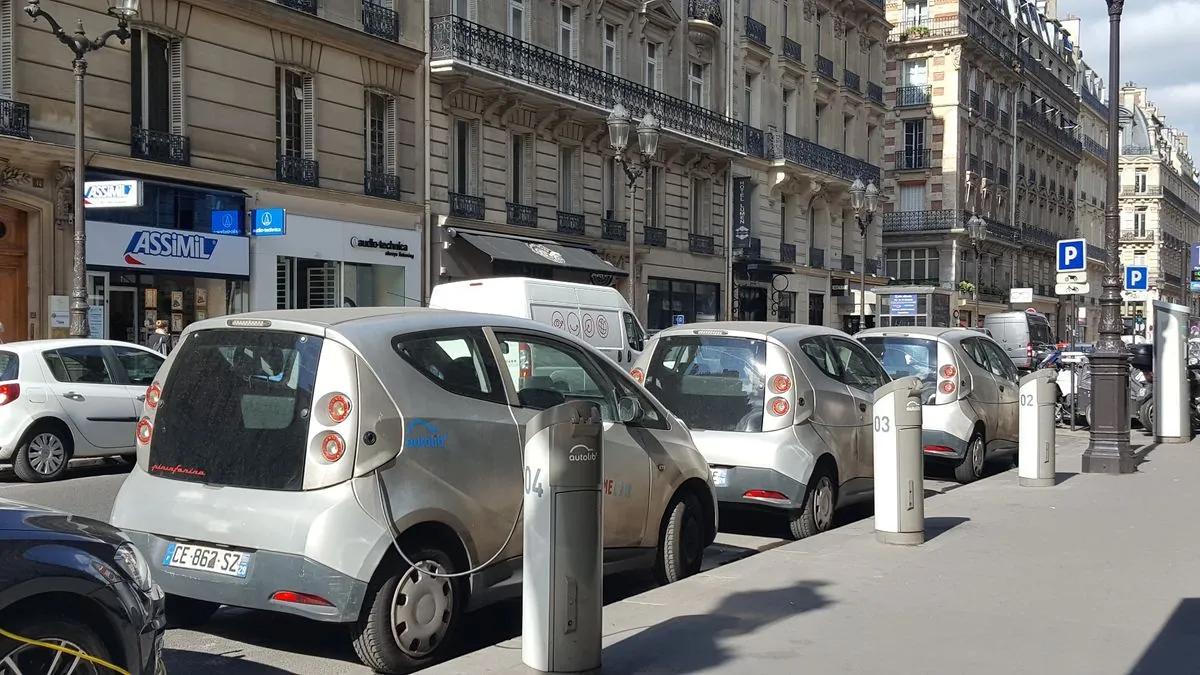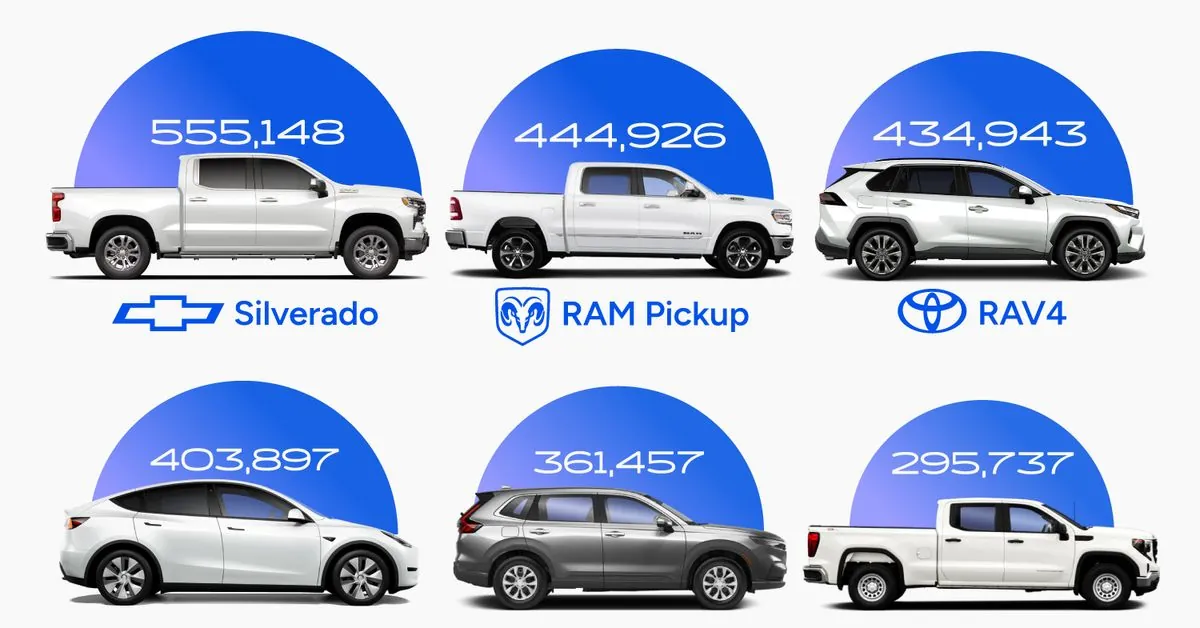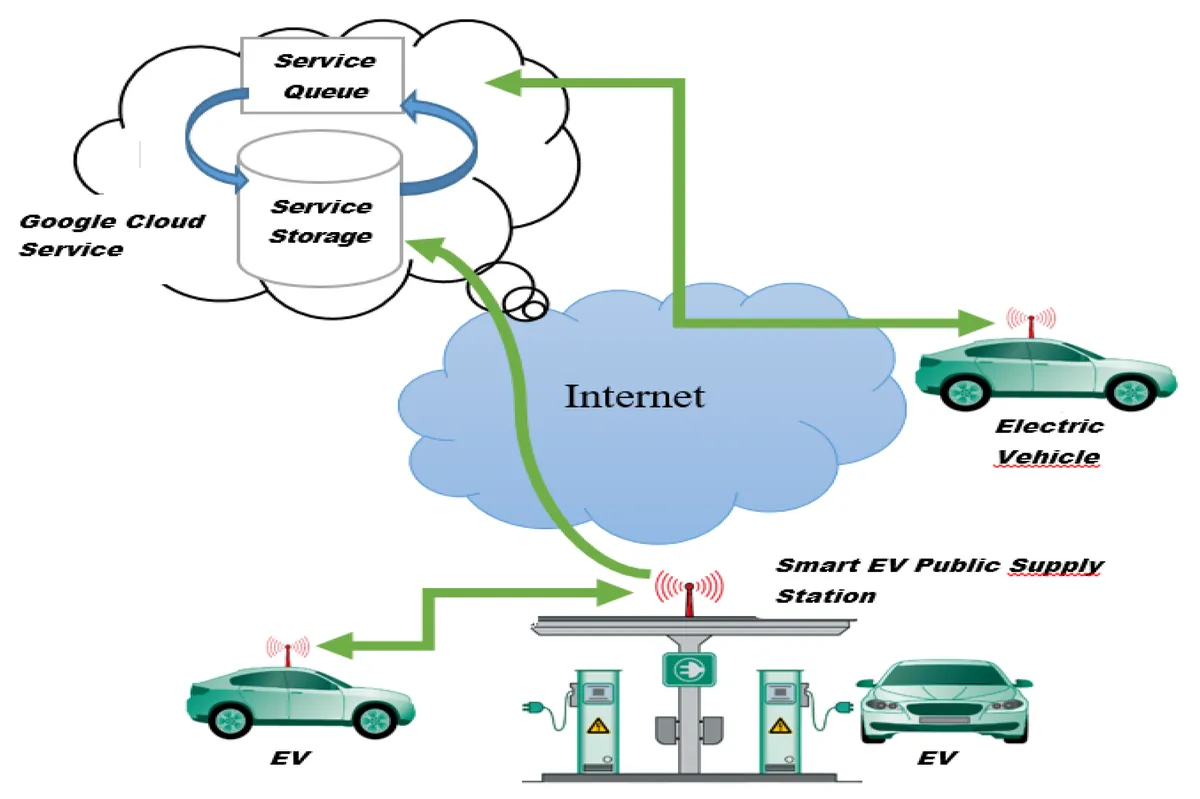SUV Boom Challenges EV Adoption: Western Markets Lag Behind China
Record SUV sales in Western markets contrast with China's EV dominance, highlighting policy gaps and environmental concerns. Western governments grapple with balancing industry protection and climate goals.

The automotive industry finds itself at a critical juncture, with SUV and pickup truck sales reaching unprecedented heights while electric vehicle (EV) adoption faces challenges in Western markets. This dichotomy raises concerns about global efforts to reduce carbon emissions and combat climate change.
In 2023, the warmest year on record, large SUV and pickup truck sales hit new highs, contributing significantly to the growth in global energy-related carbon dioxide (CO2) emissions. The United States market alone saw over 12.3 million new SUVs and pickup trucks sold, accounting for more than 79% of new vehicle sales. This trend continued into 2024, with over 7.3 million such vehicles sold in the first half of the year, marking a 3.2% increase from 2023.

The International Energy Agency (IEA) reports that if SUVs were a country, they would rank as the world's fifth-largest CO2 emitter. Over 2022 and 2023, global oil consumption directly related to SUVs increased by more than 600,000 barrels per day, responsible for over a quarter of the overall annual growth in oil demand.
In contrast, EV sales in Western markets have shown signs of decline. In May 2024, sales of new battery-electric cars in the European Union dropped by 12% compared to 2023, with Germany experiencing a 30% plunge. Similarly, Tesla's California sales decreased by 24.1% in the second quarter of 2024.
China, however, has emerged as a leader in EV adoption. In July 2024, China set a new sales record with 50.7% of total car sales being either new pure EVs or plug-in hybrids. This rapid growth is particularly noteworthy considering that just three years ago, new EVs made up only 7% of total vehicle sales in China.
Western governments have responded to China's dominance in the EV market with defensive measures. In May 2024, the United States announced 100% tariffs on Chinese EVs and 25% on EV batteries. Canada followed suit in August 2024, while the European Union imposed new tariffs on individual Chinese EV manufacturers in July 2024.
These actions stem from concerns about China's extensive manufacturing capacity and alleged overproduction of EVs. Janet Yellen, U.S. Treasury Secretary, highlighted these issues in April 2024. However, critics argue that such defensive measures fail to address the root causes of Western markets' lag in EV adoption.
"We are concerned about China's excess industrial capacity and overproduction of EVs, which has led to a glut in the global market."
China's success in the EV market can be attributed to significant government support and incentives. From 2009 to 2023, Chinese government support to the EV industry totaled $230.9 billion, far exceeding similar support in the United States and European countries. While direct purchase subsidies for EV consumers in China were phased out at the end of 2022, other incentives remain, such as purchase tax exemptions for new EVs until December 31, 2025.
Western countries' policy frameworks regarding automotive industry decarbonization have several systemic shortcomings. Some policies, like the U.S. "chicken tax" from 1964 and the "gas-guzzler tax" from 1978, inadvertently favor SUVs and pickup trucks. Similar loopholes exist in other countries, such as Australia's tax subsidy for "utes" (pickup trucks) and the UK's lower tax rates for high-polluting cars.
To address these issues and promote EV adoption, Western governments should consider:
- Investing in charging infrastructure development
- Driving research and development in battery technologies and EV components
- Implementing education campaigns to address consumer concerns about EVs
- Phasing out outdated policies that favor SUVs and trucks
- Aligning national and global vehicle market demands with climate mitigation objectives
As the debate around sustainable transportation intensifies, it is clear that policies supporting EV uptake may not be sufficient on their own. The persistent popularity of SUVs poses a significant challenge to reducing carbon emissions. Western countries must embrace net-zero technologies and implement decisive policies to lead the transition to sustainable energy solutions in the automotive industry.



































